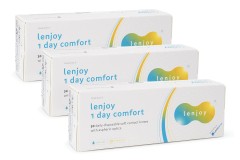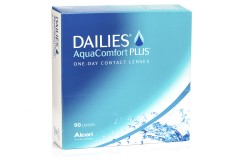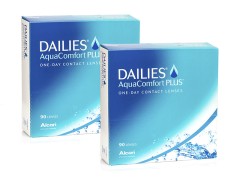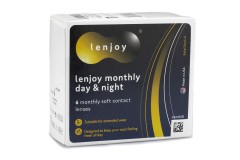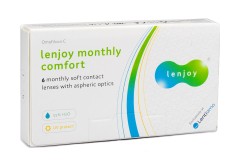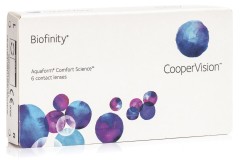Sports and Contact Lenses: Enhance Your Performance

Sports fans from the early 2000s will remember Dutch footballer Edgar David's or New Zealand cricketer Daniel Vettori strutting their stuff wearing glasses. Both had perfectly valid medical reasons for doing so and most people will agree how important it is for a player to have clear vision during play.
However, anyone who has ever had to wear spectacles, will admit it is not the most comfortable addition to one’s look while engaging in physical activities.
Luckily, the days of bespectacled players seem to be behind us thanks to contact lenses. While David's needed special protection following his eye surgery due to glaucoma, it is strange that Vettori never shifted to the comfort of a contact lens to correct his vision.
It could be due to various reasons ranging from allergy to habit, or maybe even sponsorship commitments. But thanks to medical and scientific advancements, it seems that contact lenses have become the preferred choice amongst sportspeople, not only to correct vision, but maybe even to enhance performance.
Wider Field of Vision
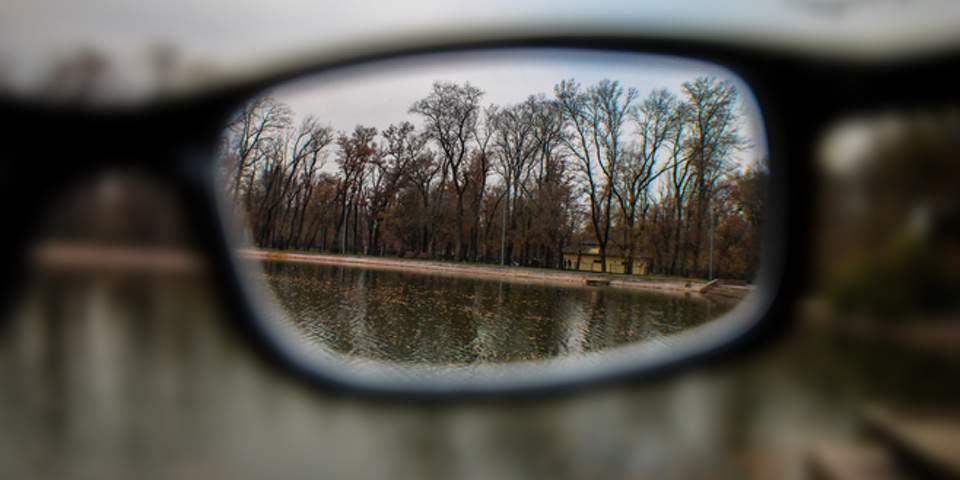
Contact lenses today offer many advantages to sportspeople with visual
impairments. Apart from the obvious use for correcting ailments like
near-sightedness, far-sightedness or astigmatism, the fact that they fit to the
curvature of the eyes, helps them provide a wider field of view than regular
glasses.
For team sports where players wish for eyes at the back of their heads, a wider field of view is like striking gold. In addition to this, lenses are also less vulnerable to weather conditions as they don’t fog up or get splattered, thus providing the players unobstructed vision during the game.
Professional Athletes Who Wear Contacts & Safety
Lenses also provide a higher sense of safety than glasses for players engaging in contact sports. A mistimed header or a misplaced elbow can have painful consequences for spectacle wearers.
The risk of cuts from broken glass and frame edges are eliminated through the use of lenses.
As of today, some of the greatest sport superstars wear lenses for perfect vision. The list includes
- Footballer Cristiano Ronaldo
- Tennis player Novak Djokovic
- NBA star Dwight Howard
- and Golfer Phil Mickelson amongst others.
Lenses for Improving Sports Performance
Most people these days know the obvious benefits of using lenses over glasses, but there are few who know that lenses can be used even without visual ailments for sporting purposes. Elite athletes with perfect vision have started turning to lenses for improving their performance.
Athletes who have to play under floodlights could resort to tinted lenses for countering glare and improving contrast. Some sports athletes also use lenses for UV protection. Can you imagine dirt bike riders without contact lenses?

While a lens does not protect all parts of the eye from UV rays, they can be used in conjunction with protective eye wear to improve vision when the sun glistens off the snow.
Winter sports athletes could also benefit from special lenses designed to counter the effect of dry eyes. The less they have to blink, the longer they can focus on not crashing against ski gates!
Types of Lenses
In the present day, contact lenses have such a strong case over glasses that the question for sportspeople is not whether to use lenses, but which type of lens to use. Most athletes are known to prefer soft lenses as they meet the bare necessities – vision correction and comfort, which also makes them the most economic option.
However, there are other options like Gas Permeable (GP) lenses which are more rigid and retain their shape in the eye, thus allowing them to better correct astigmatism and other abnormalities of the cornea.
They also allow more oxygen to reach the eyes, are less prone to debris accumulation and absorb less tears, preventing dry eyes syndrome. But despite the advantages, GP lenses are not the “apple of the eye” for many sportspeople.
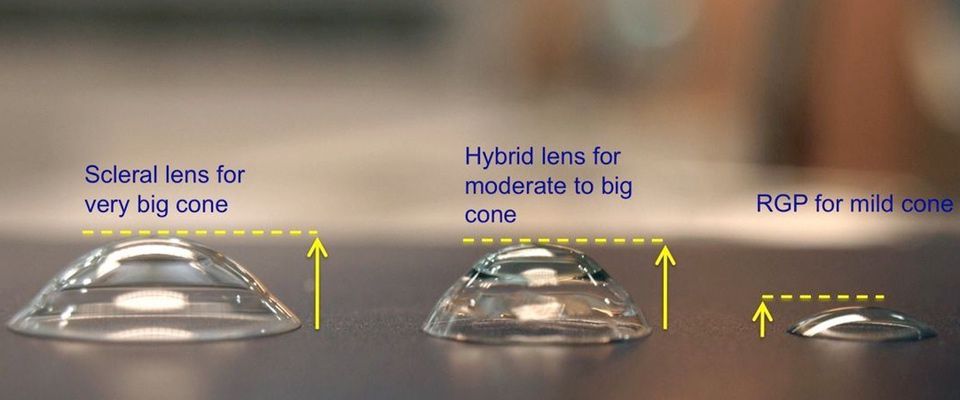 Image source:
thejimmynguyen.wordpress.com
Image source:
thejimmynguyen.wordpress.com
Being more rigid, they require a longer adaptation period for users and their
smaller diameter makes them susceptible to dislodgement from the eye during
contact sports. As many sportspeople still prefer glasses off the field, rigid
lenses might be perceived as an unnecessary hassle.
One can be forgiven for assuming that contact lenses are the way to go for sportspeople. Yes it requires a lot of maintenance and could sometimes lead to irritations in the eye, but it’s a small price to pay when glory is at stake.
We could be looking at a future where lenses are not just used for cure, but also for prevention of visual ailments. Any further advancements than that and we might even enter the realms of technological doping.
But that’s for the people in the labs to worry about. For now, sportspeople can confidently put on their lenses, step on to the pitch, and conquer the world!
Here you can find the full range of sports contact lenses.
Guest post by Linda Firth
Linda Firth runs the Lifestyle blog over at LoveMyVouchers.co.uk where you can find her tips and money saving advice on travel, health, beauty and a range of other topics.

